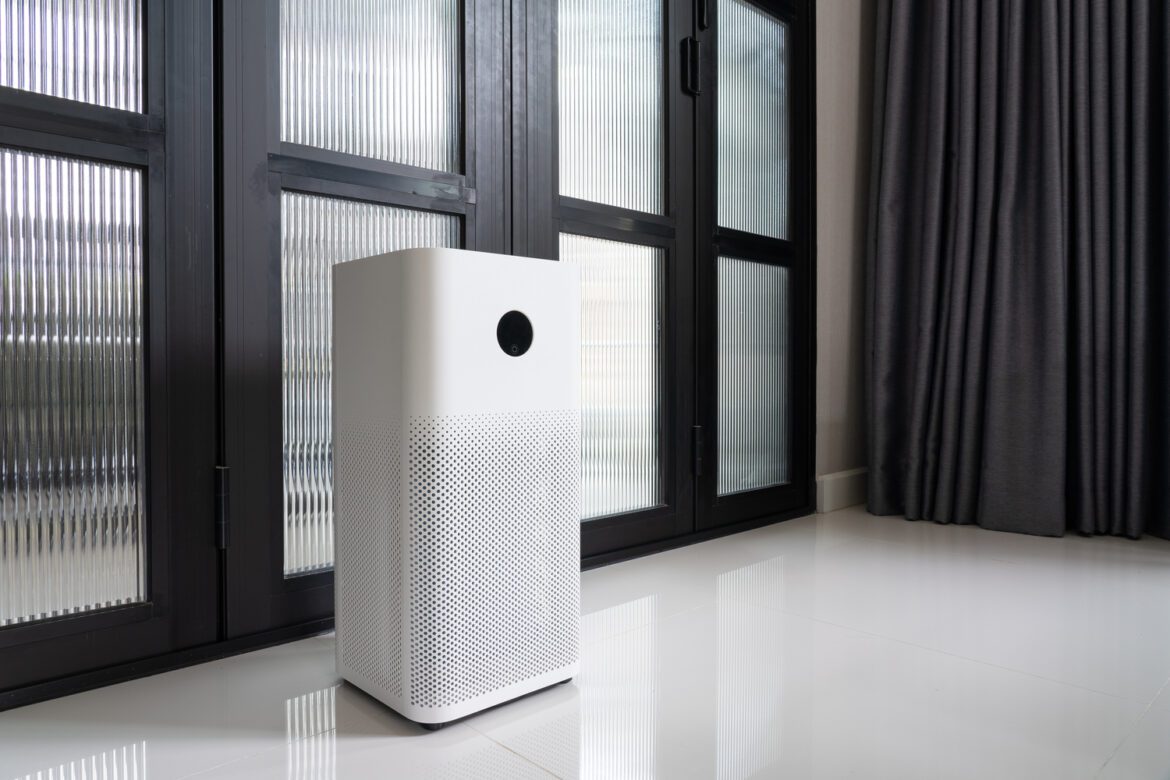A lot of people don’t realize how big of an impact indoor air pollutants can have on their health and the quality of life. But we shouldn’t just be taking our allergy medicine and expecting everything to be okay. To nip the problem in the bud, it’s important to stop allergens from floating around in the air. That’s where an air purifier comes in handy. Whether one has a pollen allergy, pet hair allergy, or any other indoor air problem, they can fight back with the right kind of air purifier.
How Do They Work?
All air purifiers use filters to trap airborne particles. The most basic type of filter is called a mechanical filter, and it simply traps particles in contact. These filters are made from materials like fibers or plastic, and they can trap larger particles like dust and pet dander, but they are not very effective at trapping smaller particles like mold spores or pollen. HEPA filters can trap both large and small particles, but they require more energy, which means they consume more electricity and often need to be replaced more frequently than mechanical filters.
Types of Air Purifiers
There are three types of air purifiers available today: portable, whole house, and large room. Portable units are typically designed to clean a room up to 500 square feet in size and come in many shapes and sizes. They usually include a fan that circulates the air through a filter before returning it back into the room. Whole house units are installed into the home’s heating and cooling system to circulate clean air throughout the entire house. Large room purifiers are designed for spaces that require more intensive cleaning, such as bedrooms or living rooms.
What to Note when Purchasing an Air Purifier for Allergies
One should know exactly how big their room is. There are room size recommendations for each purifier, but make sure that the square footage listed is accurate. It’s also important to know how much space the product will actually cover.
One must consider what their specific needs are. If one has pets or lives in a particularly dusty area, look for a purifier that has a pre-filter. These filters stop larger particles like animal hair and dust from building up on the other filters inside the machine and slowing down its performance over time.
Finally, check out different types of filters to find a purifier that suits one’s needs. HEPA (high-efficiency particulate air) filters are excellent for capturing airborne particles. They’re especially good at reducing pollen, pet dander, smoke, and bacteria but need to be replaced every six months or so because they don’t last forever.

